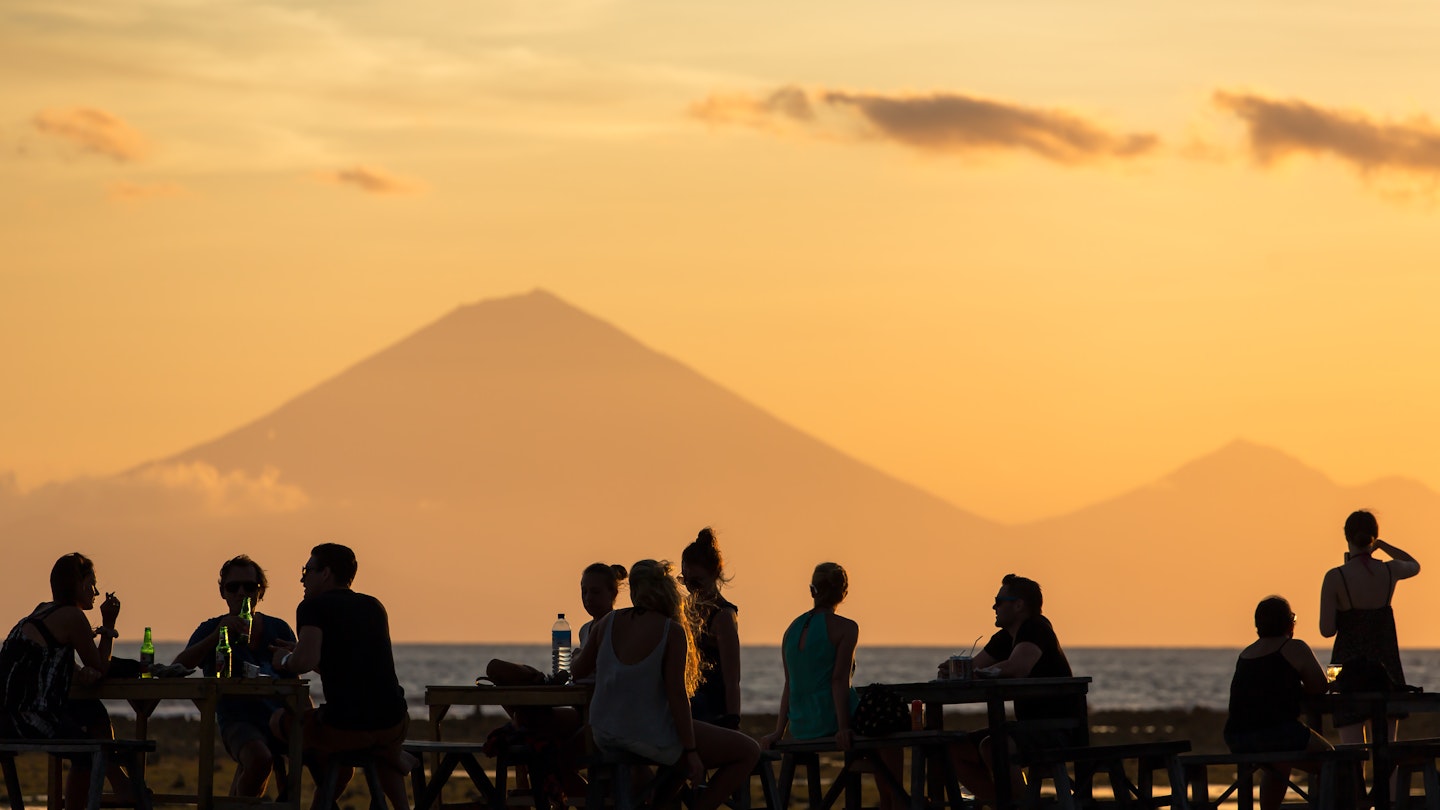Visa Requirements for Traveling to Indonesia
Even without the complications of the pandemic, the rules for getting a visa for Indonesia have always been ever-changing and confusing. As things return to normal, many travelers are asking: Do I need a visa for Indonesia? Is it free? Can I get a visa on arrival, and if so, where? How long does it last? Can I get an extension?
For many tourists, travel to Indonesia primarily means a holiday in Bali, the Island of the Gods and one of Southeast Asia’s best-loved tropical destinations. Around 6.2 million tourists visited Bali in 2019, but this number drastically dropped to just 45 in 2021. Fortunately, Bali has reopened for business, alongside the rest of the archipelago.
However, there is a bit more red tape to navigate than usual; here’s what you need to know about obtaining a visa for Indonesia.
Getting a Visa on Arrival in Bali
If you want to travel to Indonesia right now, Bali is by far the easiest place to visit. Not only can you acquire a 30-day Visa on Arrival (VOA), but quarantine regulations have also been eased, allowing you to start enjoying your vacation right away. Currently, this is the only location in Indonesia where you can obtain a visa upon arrival.
The Visa on Arrival scheme is currently available for travelers from 23 countries, including the UK, most Western European nations, many Middle Eastern countries, the USA, Canada, Australia, New Zealand, Japan, South Korea, and several Southeast Asian nations. There are also plans to expand eligibility to more nationalities and to include additional points of entry into Indonesia.
Visas for Bali can be issued upon arrival at Ngurah Rai International Airport in Denpasar for a fee of IDR500,000 (approximately US$35). Ensure you have this fee ready before queuing at the immigration counter. You can extend this entry permit by an additional 30 days, granting a total stay of up to 60 days.
You will need to present proof of a return ticket (or an onward ticket from Bali to another destination) and ensure that your passport has at least six months of validity remaining. It’s advisable to double-check the expiry date in your passport, especially considering the long pause in global travel.
Covid-19 Regulations for Travel to Bali
Travelers to Bali must adhere to specific Covid regulations. You need to be fully vaccinated to avoid quarantine; if you are only partially vaccinated, you’ll be required to quarantine for six days. Additionally, proof of a negative PCR test from your departure country, along with travel insurance that covers Covid-related expenses, is necessary.
Upon arrival, you must take a PCR test at the airport, where you’ll be taken to a pre-approved government hotel to await results. If you receive a negative result, you can immediately start exploring the beautiful landscapes of Bali; however, a second PCR test will be necessary on the third day of your stay. You may roam the island during the day but must remain at the same approved hotel for the first three nights. A second negative result will enable you to check out and stay wherever you choose in Bali or beyond.
This process may seem complex; however, it is part of a pilot program launched in March 2022, with hopes that quarantine will be eliminated in the near future.
Traveling to Other Parts of Indonesia
What about exploring other regions of Indonesia? Although Indonesia has been open for international travel since January 2022, you will need to secure a B211A Tourism Visa to visit regions beyond Bali. This is the only option available beyond the visas offered upon arrival in Bali.
The B211A Tourism Visa must be arranged in advance through a registered Indonesian travel agent, who will act as your sponsor for the application. The fees range from US$150 to US$250, depending on the agent. The visa is valid for 60 days and can be extended for up to six months through the same agency. Additionally, if you plan on traveling long-term in Indonesia, acquiring a B211A Visa is necessary.
For the application, you need to provide a scanned copy of your passport ID pages, proof of at least one vaccination dose, and travel insurance that covers Covid-related emergencies. Your passport should remain valid for at least a year beyond your entry date if you wish to stay for the full six months.
Applications can be submitted via the immigration department’s online e-visa portal. Following the acquisition of your e-visa, you will have to comply with the same PCR testing schedule and government hotel stays as tourists arriving in Bali before traveling freely around the country.
Future Visa Changes and Requirements
If this sounds like a cumbersome process, stay tuned for more updates on entry regulations, as changes are forthcoming. The Visa on Arrival scheme is set to be expanded to more entry points beyond Bali in the coming weeks, with an expanded list of eligible nationalities, and quarantine requirements are expected to be simplified. Keep an eye on the official website of Indonesia’s immigration department for the latest news.
If you’re considering traveling around Indonesia, evaluate the price differences between flying directly to your desired destination and obtaining a B211A Tourism Visa versus flying into Bali to acquire a visa on arrival before taking a domestic flight or boat to other areas.
For those traveling to Indonesia for work, a business visa (a sub-class of the B211A visa) must be arranged through an authorized agency or with your company’s assistance. For up-to-date information, refer to the official immigration department website.




